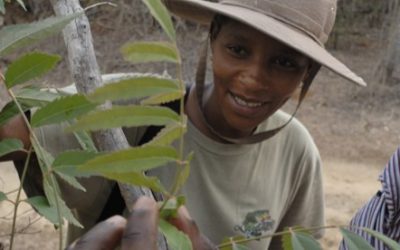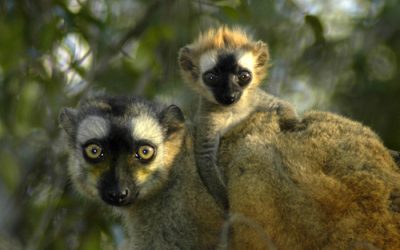With just one month to go before applications close for TBA’s 2016 field courses in Uganda and Madagascar, the TBA wants to alert biology graduates who may not think this opportunity is for them to think again.
TBA field courses are always oversubscribed, but course coordinator Alex Lord wants to spread the word that this unique opportunity to find out about working in conservation in tropical regions is for graduates from all over the world.
“While we have no shortage of applicants from Africa and Europe, we want to be sure that graduates on all continents are aware of what the TBA is offering.” says Alex.
“The diversity of young scientists on our field courses is one of the factors which makes them so unique and such valuable learning experiences.”
A key feature of each one-month course is that half the participants are selected from countries in Africa and from Madagascar; the other half are selected from the rest of the world. This approach works because it builds the capacity of scientists committed to the African region, and establishes a strong international network, which is key to effective conservation today.
The majority of participants from outside the African region come from TBA member organisations; universities, research departments and institutions. Qualified applicants from member organisations have priority access to available places – a good reason to ensure that your department or institution is a TBA member.
TBA field courses draw on the expertise of specialist teachers who come from the host region and the global conservation science community. While this means that the programme detail varies from every year, what is common is the skills-based learning approach. “Every course aims to help the students to think about issues for themselves, and to learn the transferable skills which today’s conservation scientists need.” says Alex.
The message from Alex Lord is clear: “We want to encourage as many applicants from as wide a range of countries as possible.”
TBA courses are great value. All successful applicants from Africa and Madagascar receive full bursaries; whilst all other participants benefit from a much subsidised rate.
So, take note, before it’s too late! Find out more here.



